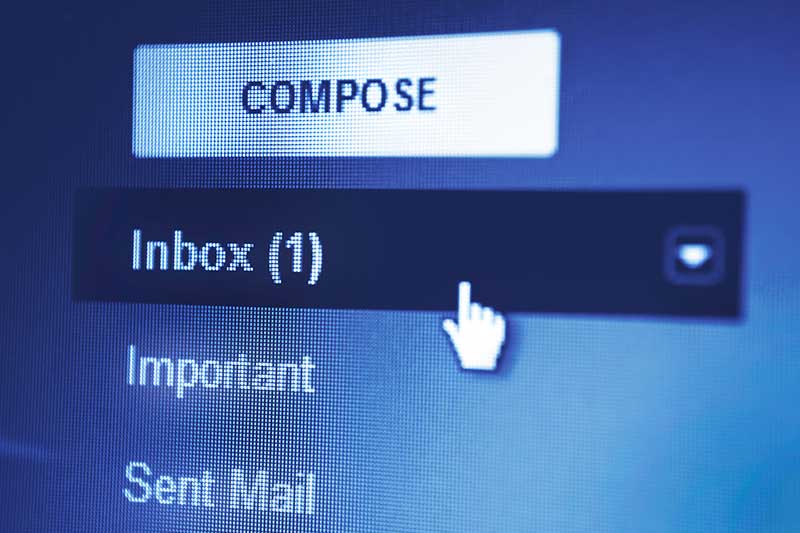The proliferation of high-speed communication devices have made us more productive and more vulnerable in terms of our privacy. Desk-bound workers may be tempted to use the office email account to engage in personal communications – however, they do so at some risk to their privacy. How much privacy can employees expect for their electronic communications at work? Practically speaking, it is safe to presume everything may be monitored by your employer.
The law generally favors employers’ interests over employees’ privacy. Employers clearly have a legitimate business interest in tracking employee time and productivity. Additionally, employers must ensure their workers are not engaging in any illegal activity or releasing trade secrets. The law permits employers to read employee email messages; if there is a company policy in place that assures employees that email messages will remain private, a worker may be able to argue that there was a reasonable expectation of privacy, but the effectiveness of that argument varies. The courts have generally upheld employers’ rights to monitor and read their employees’ email messages, particularly when there is a compelling, business-related reason for doing so.
There is, however, a law that affords employees some protection of their privacy when accessing personal email accounts, such as Gmail or Hotmail. Should the password to a personal email account fall into the wrong hands, the employer is prohibited from using that information to access the employee’s personal emails without the employee’s permission. Under the Stored Communications Act, such conduct is a crime and also creates a civil cause of action for damages. Keep in mind that accessing these accounts from a work computer can give the employer the right to read messages employees send or receive using company equipment. However, the employer is not permitted to log in and view other personal email communications.


Recent Comments